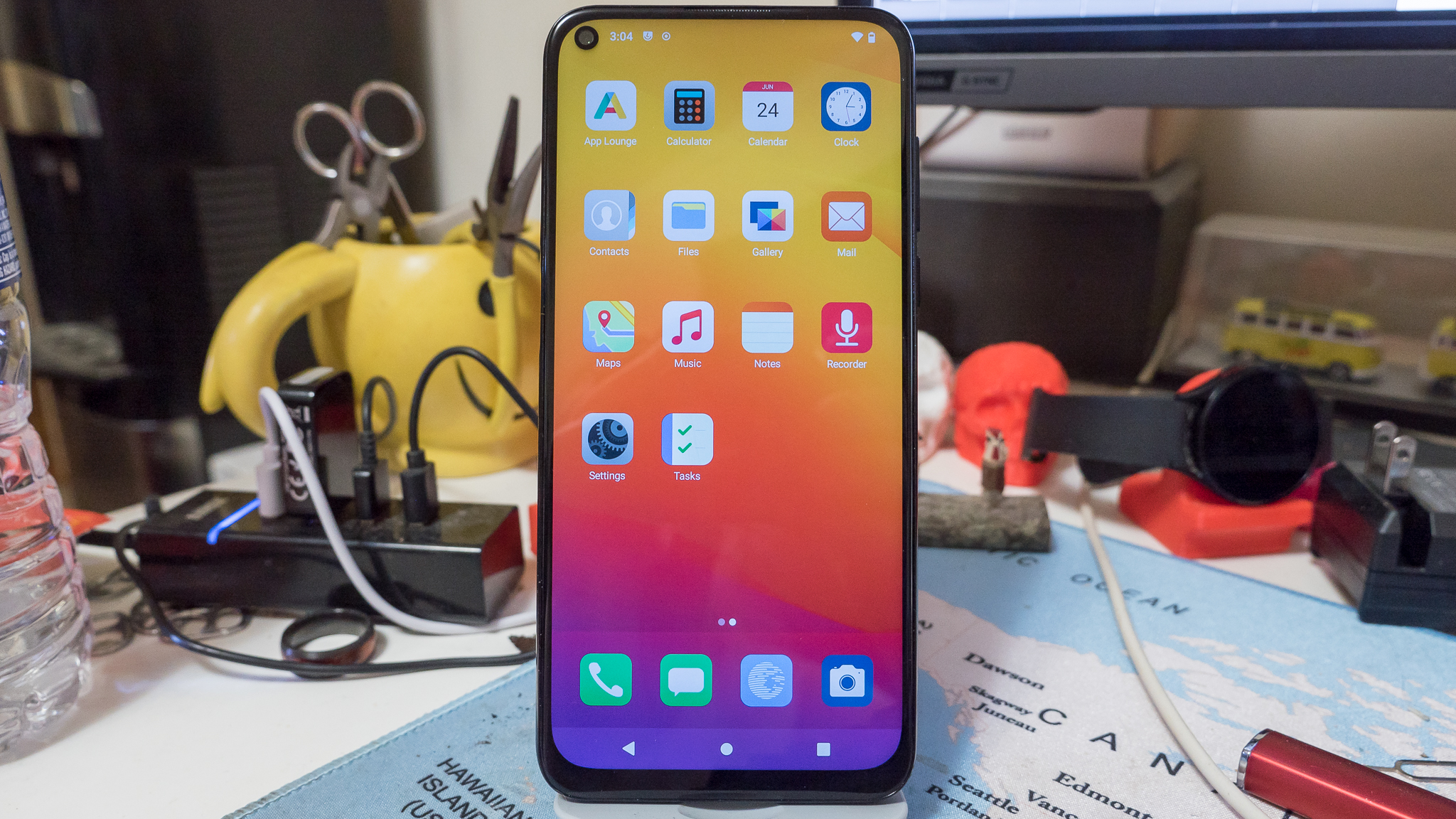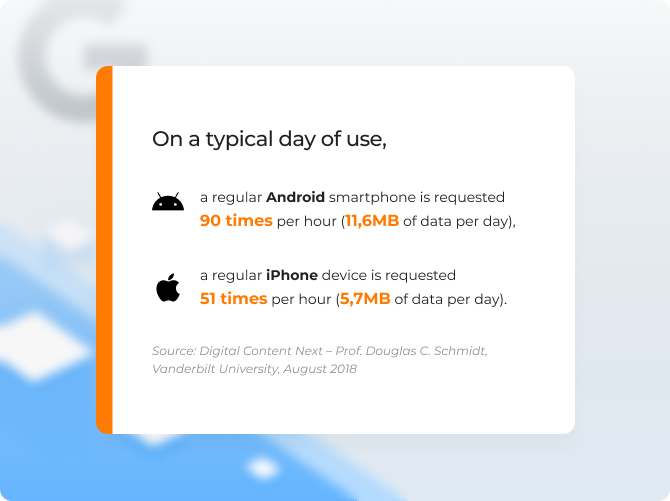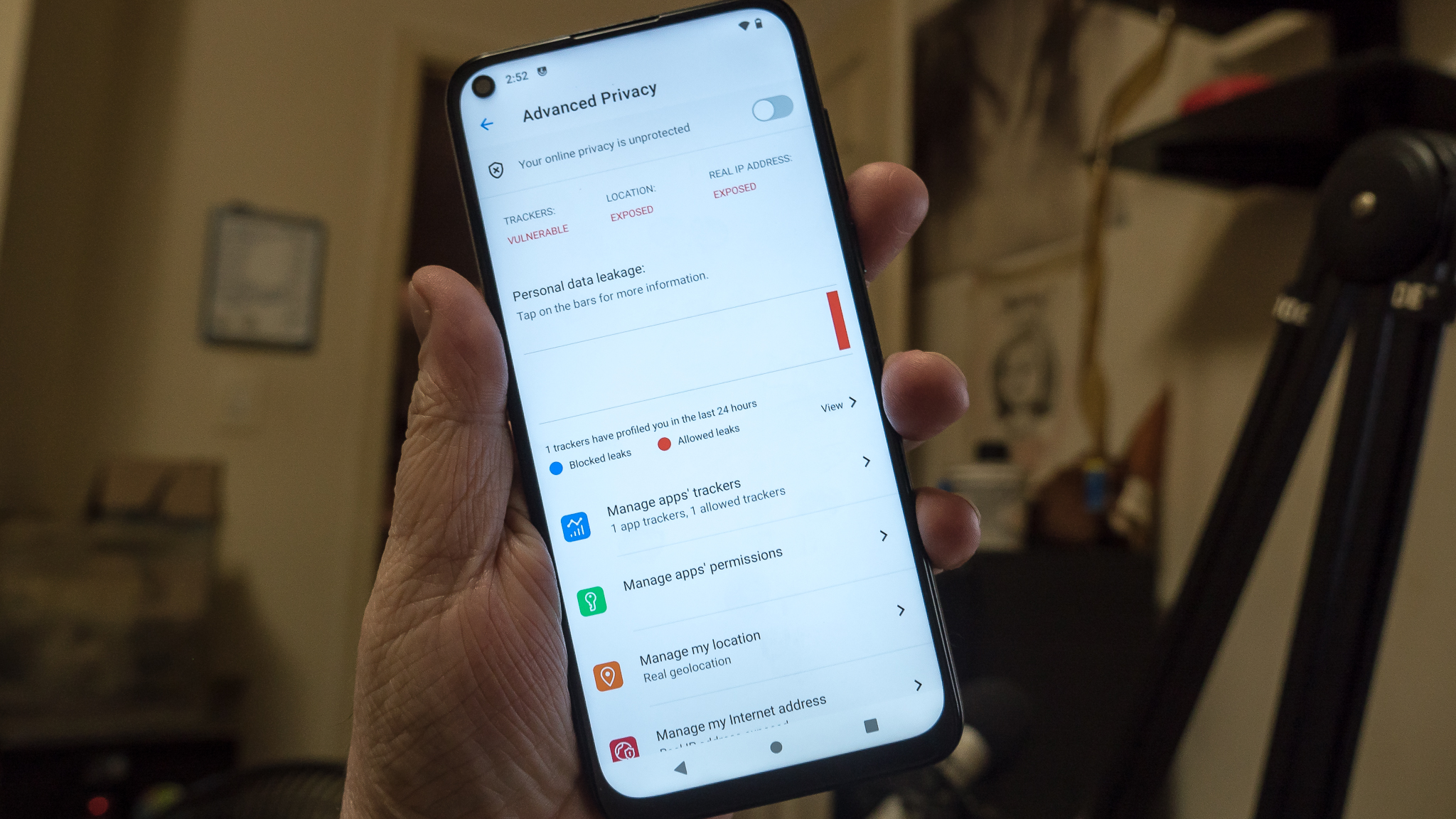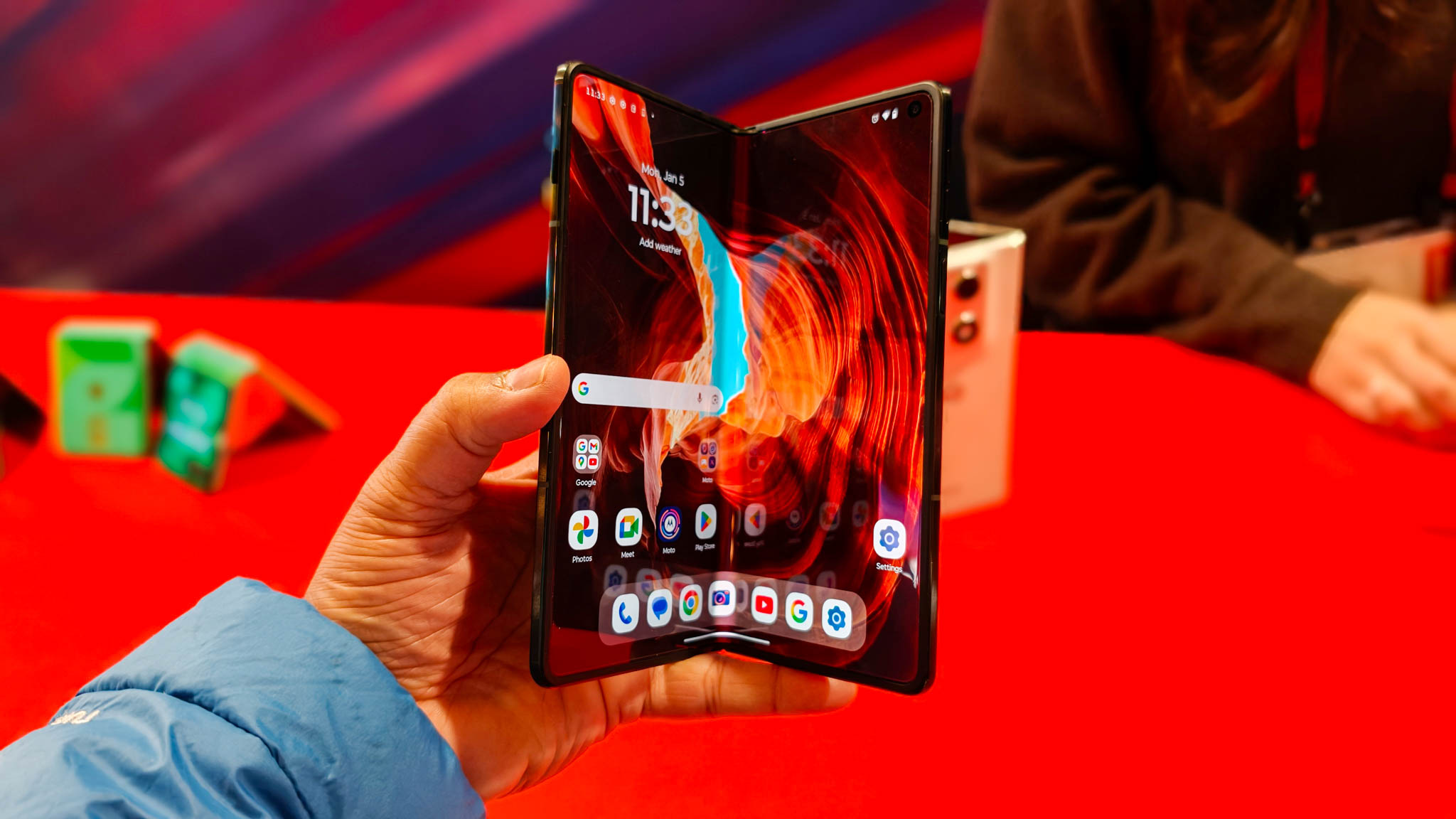What is a privacy-focused Android phone?
Android without Google is still Android.

Privacy is one of those things everyone seems to care about, yet most people don't really do anything to protect it. I'm talking about our phones, of course, which not only do plenty of cool things but are also a digital pipeline that ships our personal data off to a myriad of tech companies, both large and small.
It's important to understand this happens even if you aren't concerned about it. When you use your phone, some company is collecting metrics on almost everything you're doing. The company that manufactured your phone and the people who built the software you're using know a lot more about you than you think.
This goes for both Android and iOS. Apps collect data, as well as Google and Apple, and we trust that they all follow the privacy policies that are in place (you should read those) and do not spread everything around to the highest bidder like your cell carrier does.
For most of us, this is a fair trade. We understand what is collected and how it's used, and what we get in return. Nothing is free, and that includes your phone software. It doesn't have to be this way, though.
Case in point: privacy-focused Android. It's a real thing and companies like Murena have taken the Android source code, modified it in agreement with the software licensing, and distributed a completely "de-Gogglefied" experience with products like /e/os.
This is the best feature of Android. Google maintains all of the code to build a working operating system and gives it away to anyone. To top it off, once you have the free code you're given a liberal license to modify it to your liking. You don't have to have as much money as Samsung to build your own flavor of Android.
Things change if you want to distribute Google's suite of apps and tools, though. Things like Gmail or the Google search app are not open-source and can only be used under far more restrictive rules when it comes to customizing Android. This is how Google controls Android because nobody wants the best smartphone that doesn't do smart things.
Get the latest news from Android Central, your trusted companion in the world of Android
To pay for those smart things that come from Google, you're trading copious amounts of personal information. Google uses that to build a sort of profile for you so it knows which advertisements you're most likely to click on — remember, Google is an advertising company, too.
Google can charge more for these ads because they'll perform better. I won't be likely to click on an ad for shoes, but I'll click on an ad for fishing gear. The company that sells fishing gear will pay more since Google promises to show those ads to me more often.

Google sells none of the data it collects from you — it's only valuable because it's a secret that Google knows. But you might not want Google to collect any of this, or you might feel like the services it offers are worth trading your data away. Only you can decide this.
It doesn't have to be this way. As mentioned above, if you don't want Google (or Samsung or Apple) collecting personal information, you have options. Software like /e/os is fully functional and doesn't share anything with Google or a company that makes the phone you're using.
You can even buy a brand new phone that uses /e/os from companies like Fairphone or direct from Murena. The Murena 2 even comes with a switch that disconnects your camera and microphone for extra protection from apps that want to control them.
I used the Murena One without installing anything from Google, and it wasn't a bad experience at all. the phone came with all the things necessary for a smartphone — a web browser, an email client, maps and navigation, the whole works. There's also a built-in place to download and install more apps and even a complete Cloud system to rival what Google offers.
There were also a few things I missed because I had already bought into Google's ecosystem. I extensively use things like Google Assistant and Google Photos and these aren't included. You can shoehorn some Google products into /e/os, but if you're going to do that you're probably better off buying a "regular" Android phone.

The best part of a privacy-focused Android phone is in the settings. In the Murena One I was able to see all the information about which apps were trying to track me (almost all of them, by the way) and how they were doing it. I could even provide a faked location to use apps that demand one. It's funny how your precise location is "important" to use an app but it still works fine if I tell it I'm 500 miles away.
There is definitely a place for products like these and I think if more people knew about them before they bought into big-tech's ecosystem of services they would be a lot more popular.
It's also the best thing about Android — much of it is truly open and made available to people who aren't OK with all the data-dealing. I'm interested in the Murena 2 and the Fairphone 5 because of the option to use a little less Google and have a little more privacy.

Jerry is an amateur woodworker and struggling shade tree mechanic. There's nothing he can't take apart, but many things he can't reassemble. You'll find him writing and speaking his loud opinion on Android Central and occasionally on Threads.
